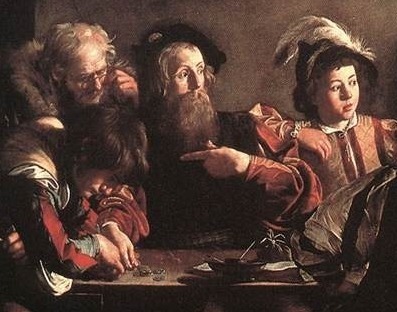Moses in today’s First Reading reminds the Israelites as they prepare to enter the Promised Land how privileged they are to have been chosen and blessed by the Lord. Everything in creation belongs to the Lord, yet the People of Israel are a prized possession. In other moments of the Old Testament the Lord has promised to be as a father to Israel, and we know now that in the Lord’s eyes we are far more than a prized possession; we are his cherished sons and daughters.
The Lord is not only perfectly impartial, he is also perfectly compassionate, and Moses invites the Israelites to do the same, reminding them of everything the Lord has done for their ancestors to lead them to this moment. Long before the new Pharaoh enslaved them in Egypt they were a small group invited by their brother Joseph to settle in Egypt, and now, at the threshold of the Promised Land, they are a numerous nation, just as the Lord had promised to the Patriarchs. Through Baptism we form part of the new People of God, a people of faith, hope, and charity spread throughout the world for no other reason than Our Lord’s compassion toward us.
It’s salutary to count your blessings once in a while. Ask the Lord to help you today to see all the blessings he has given you.
Readings: Deuteronomy 10:12–22; Psalm 147:12–15, 19–20; Matthew 17:22–27. See also 19th Week in Ordinary Time, Monday, Year II.


